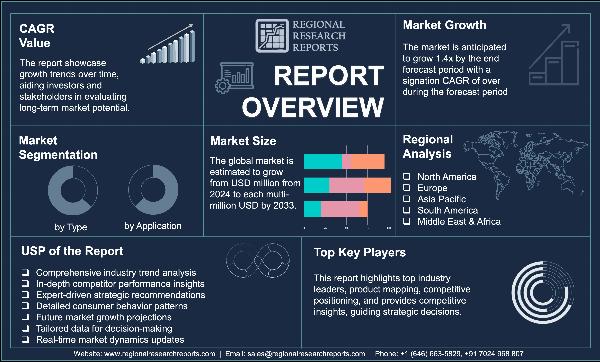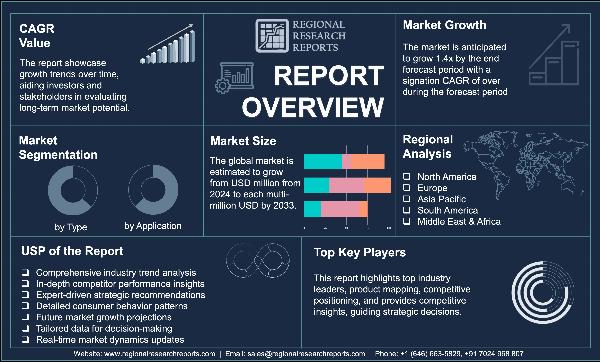 Conversion-Focused Landing Pages – More Leads, Less Bounce!
Conversion-Focused Landing Pages – More Leads, Less Bounce!
Develop a Real Estate Whitelabel Property Management Software: Guide
Written by David » Updated on: June 17th, 2025

To exceed competitors, businesses in the real estate industry need technological advancement. The most efficient remedy for real estate businesses is obtaining whitelabel property management software. Most businesses serving real estate markets, including agencies, management firms, and entry-level entrepreneurs, can benefit from white-label real estate applications.
But where do you begin? What methods do you follow to develop software that satisfies the needs of current business users, including managers, landlords, and occupants? This guide provides a comprehensive explanation of whitelabel property management software development, including main capabilities, the development approach, and company selection procedures.
What is a Whitelabel Property Management Software?
The fully developed software solution of whitelabel property management software enables businesses to market the solution under their own brand names. The purchase of ready-made platforms enables companies to modify them into their branded products before releasing them under their own name.
Businesses obtain time savings and cost reduction in their operations through this approach as they deliver high-tech, seamless client services. Real estate businesses that adopt white-label real estate apps benefit from simplified property management operations which lead to operational efficiency improvements for managing rental properties and vacation homes as well as commercial spaces.
Why Real Estate Businesses Need Property Management Software
Managing properties involves various tasks—rent collection, tenant communication, maintenance requests, and financial tracking. Traditionally, these tasks were handled manually, leading to inefficiencies and errors. With the rise of digital solutions, property management software has become an essential tool for real estate professionals.
Key Benefits of Whitelabel Property Management Software:
- Brand Customization – Unlike off-the-shelf solutions, whitelabel software allows businesses to maintain their unique branding.
- Faster Time to Market – Since the software is pre-built, companies can launch their platform much faster than developing from scratch.
- Cost-Effective – No need to hire a full-fledged development team, significantly reducing costs.
- Scalability – Easily add more features or expand to new locations without major development work.
- Improved Tenant Experience – Tenants can use an intuitive platform to pay rent, submit maintenance requests, and communicate with landlords.
For a real estate business aiming to enhance efficiency and scale operations, investing in whitelabel property management software is a smart move.
Essential Features of Whitelabel Property Management Software
To develop an effective white label real estate app, it's crucial to include the right features. The more seamless the experience, the higher the adoption rate among landlords, property managers, and tenants.
1. Property Listing and Management
A robust whitelabel property management software should allow property managers to list properties, update availability, and showcase high-quality images. It should support multiple property types—residential, commercial, vacation rentals, etc.
2. Online Rent Collection
Tenants should be able to pay rent directly through the platform via multiple payment methods, including bank transfers, credit/debit cards, and digital wallets.
3. Tenant and Lease Management
A tenant portal allows users to sign leases digitally, track payment history, and receive notifications for upcoming due dates. Property managers can also keep track of lease agreements, renewals, and terminations.
4. Maintenance and Repair Requests
A dedicated section for maintenance requests ensures smooth communication between tenants and landlords. Property owners can assign repair tasks to vendors and track work progress.
5. Automated Accounting and Reports
An integrated financial dashboard that generates automated rent statements, tax reports, and expense summaries helps property managers maintain financial clarity.
6. AI-powered chatbots and Support
An AI-driven chatbot can handle tenant inquiries, helping property managers save time while ensuring quick responses.
7. Mobile Accessibility
A mobile-friendly interface is non-negotiable. A white label real estate app should function seamlessly across both iOS and Android devices.
8. Multi-User Access
Different users—landlords, property managers, tenants, and maintenance teams—should have customized access to relevant features.
Including these features ensures that your whitelabel property management software is not only functional but also competitive in the real estate industry.
How to Develop a Whitelabel Property Management Software
Creating a whitelabel property management software requires strategic planning and the right technical expertise. Here’s how to go about it:
1. Define Your Business Requirements
Before starting development, identify your target audience. Are you catering to small landlords or large property management companies? Understanding your market helps in customizing features accordingly.
2. Choose the Right App Development Company
Partnering with a reputable app development company ensures you get a high-quality, scalable solution. Look for a firm that has experience in real estate software development and understands the industry's pain points.
3. Decide on the Technology Stack
The technology used should support scalability and security. Popular choices include:
- Frontend – React Native, Flutter for cross-platform compatibility
- Backend – Node.js, Python (Django)
- Database – PostgreSQL, MongoDB
- Cloud Hosting – AWS, Google Cloud
4. UI/UX Design and Branding
Software flexibility to customize should be available because this is a white label real estate app. The user interface needs to keep a simple design with modern aesthetics while providing an easy experience for the users.
5. Development and Testing
The development process starts after development teams finalize the creation of designs. Developers are responsible for coding procedures along with connecting APIs as well as building cloud-based hosting system infrastructure. It should find no bugs through stringent tests conducted before the release.
6. Launch and Marketing
After your property management software completes development you should introduce it through your company branding and promote it toward your ideal customer base. Set up a complete support structure which can help users when needed.
How to Choose the Best Whitelabel Property Management Software
If you’re not looking to build from scratch but want to purchase an existing whitelabel property management software, consider the following:
- Customization Options – Can you modify branding, features, and integrations?
- Scalability – Will it support business growth and new features?
- Integration Capabilities – Does it sync with accounting software, payment gateways, or third-party tools?
- Security Measures – Data encryption, two-factor authentication, and compliance with real estate regulations.
- Customer Support – Reliable support ensures smooth operations and quick issue resolution.
Choosing the right software can save you time and money while providing an efficient solution for property management.
Final Thoughts
Real estate businesses obtain valuable returns on investment by purchasing whitelabel property management software to make operations efficient and improve tenant satisfaction and business growth. Fundamental to your decision-making process as a business owner should be determining whether you will build your white label application or purchase one from companies with your specifications in mind.
A suitable app development firm will enable you to create robust, user-friendly property management software solutions that deliver industrial-grade functionality using scalable structures. Today represents the perfect time to start making property management techniques more productive.
Note: IndiBlogHub features both user-submitted and editorial content. We do not verify third-party contributions. Read our Disclaimer and Privacy Policyfor details.
Copyright © 2019-2025 IndiBlogHub.com. All rights reserved. Hosted on DigitalOcean for fast, reliable performance.













